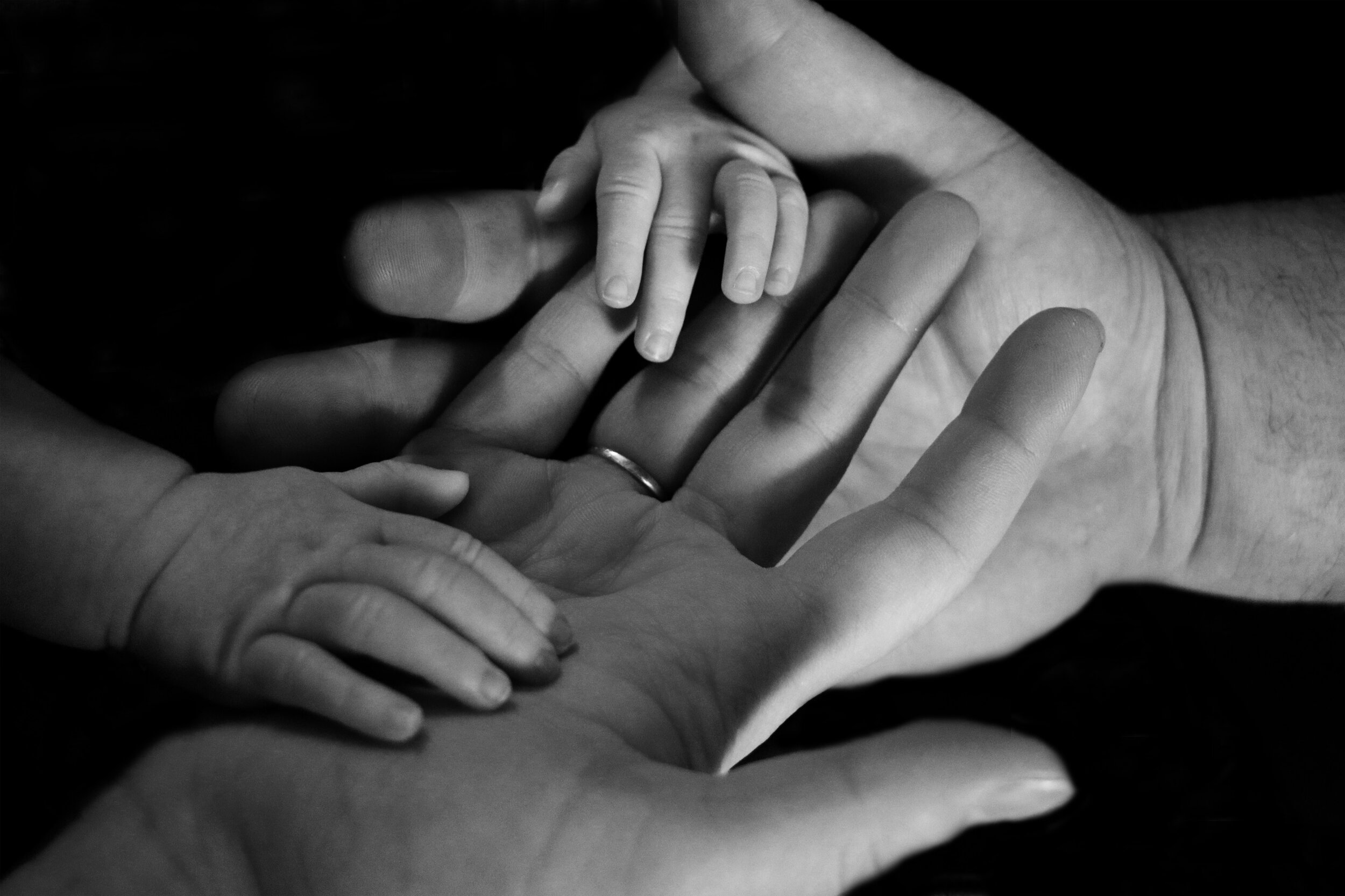5 Things to Know As You Walk With Asian American College Adoptees
By Sandhya Oaks
Written in association with ReStory Labs.
It is an honor and a gift to walk alongside others. It is wise and helpful to know how to connect with individuals in light of their story and their ethnic background. This is a guide to help you walk with an Asian American College Adoptee (AACA) with wisdom, kindness, and sensitivity.
Be sure to check Asian American stereotypes at the door when engaging with an Asian American College Adoptee. Not all adoptees associate or have a connection with their culture of origin. Don’t assume they speak the language or eat the food of their birth culture. Be curious and ask questions (in the context of a relationship), but don’t lead out of the knowledge you have gained from society or the media, as to cause unintended harm to those you are walking with.
Don’t put them in a place of having to teach you about Asian American culture or adoption culture. It is not their role or obligation to be your cultural ambassador and we must not treat them as a spokesperson for Asian American or adoption culture.
As you approach connecting with an AACA, do so with a posture of gentleness and knowledge that there has already been loss and grief in their life prior to you walking with them. No matter how great of an adoption journey they have had, there is still real loss in their story’s beginnings.
We all have gaps, longings and wounds. It’s part of being human. And while walking with an AACA means supporting, encouraging, and caring for them, it does not mean that you were put into their lives to “fill in their gaps” or act like “you understand what they have walked through.” No one can bring back what has been lost in an adoptee’s life, but there is room for care, kindness, and attunement. Also, be aware that placing judgement on how “lucky” or “better off” a person is because of their adoption is not a conclusion you have a right to make. It further demonstrates your refusal to see the loss and hurt that is present.
Invite them to share about their journey but understand the cost of what it is to them to share such intimate pieces of their story. More than likely, an adoptee’s story has already been publicized or shared before without permission and with a lack of sensitivity during their “growing up” years. In addition, when asking questions, avoid terms such as “real parents,” as this can be hurtful and lead to the adoptee feeling like they don’t fully belong in their adopted family. Example: “I want to be sensitive and care well for you. Could I invite you to share a little of your story, to help me understand more of who you are and your journey?” Adding the caveat “you have freedom to choose what you want to share and I want to acknowledge that anything you share with me is held with kindness and confidentiality”.
Sandhya Oaks is a speaker, advocate and co-founder of The Adoption Triad. She is passionate about story work, racial reconciliation, developing leaders and has a craving for adventure both near and far! Born in India and adopted at age one, she grew up in Wisconsin and is now based out of the Minneapolis Area. Sandhya is on Staff with Cru (formerly Campus Crusade for Christ) and also serves with The Lenses Institute. Connect with her on Instagram and Facebook.
Help us continue the work of empowering voices. Give today.


